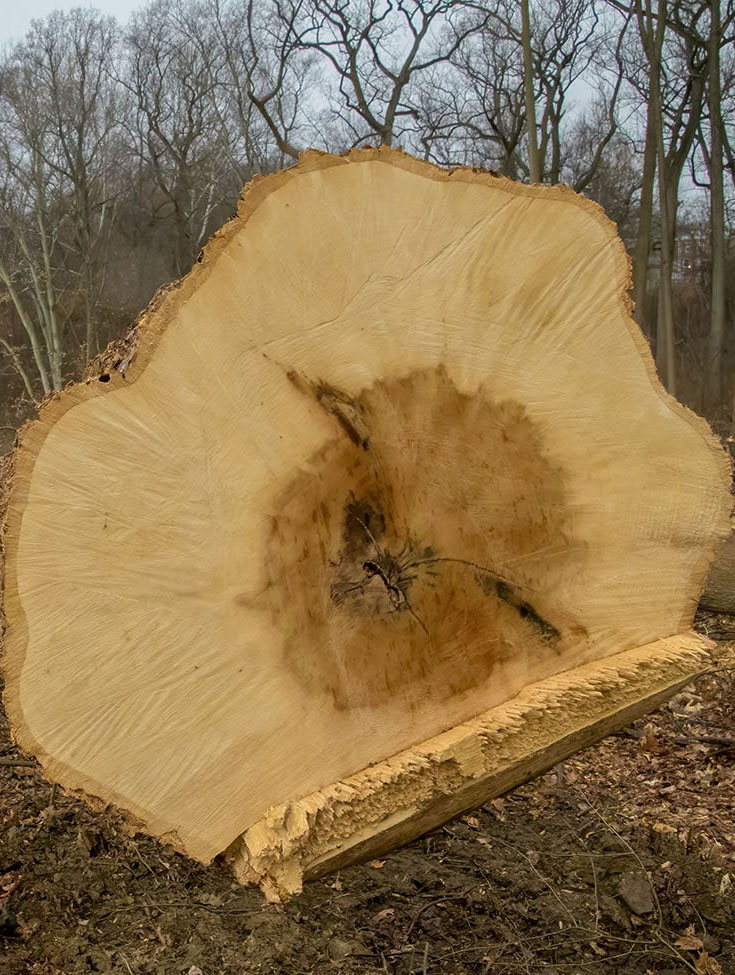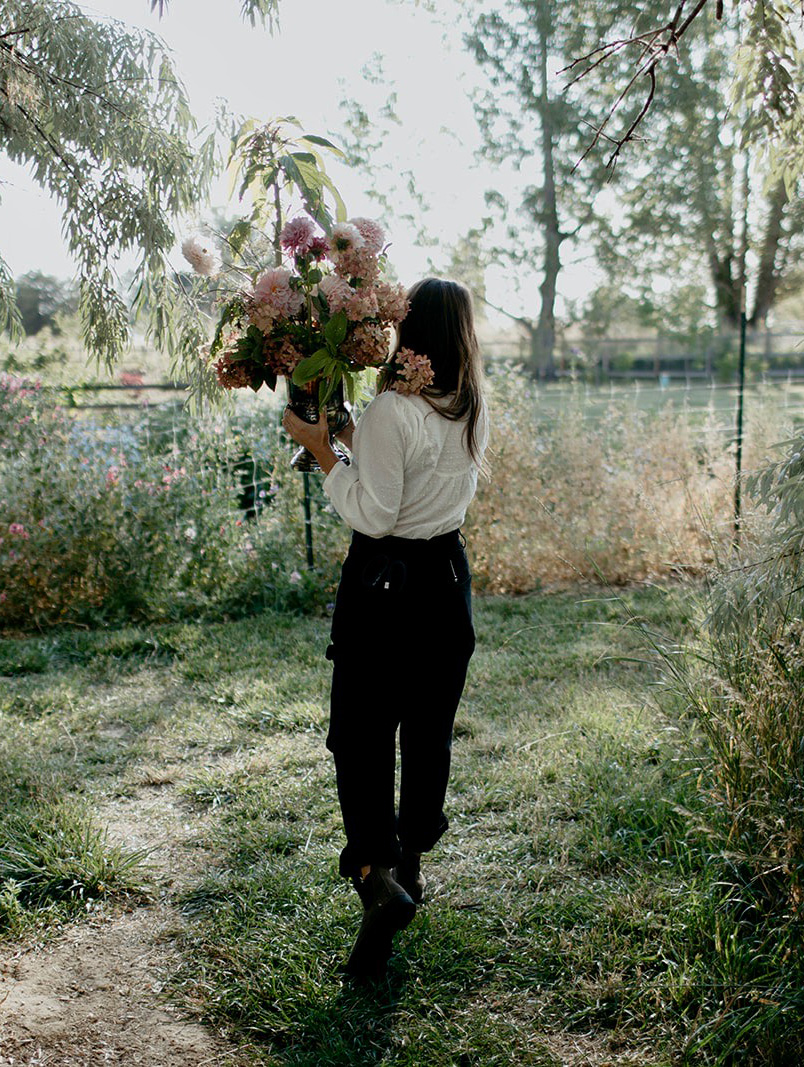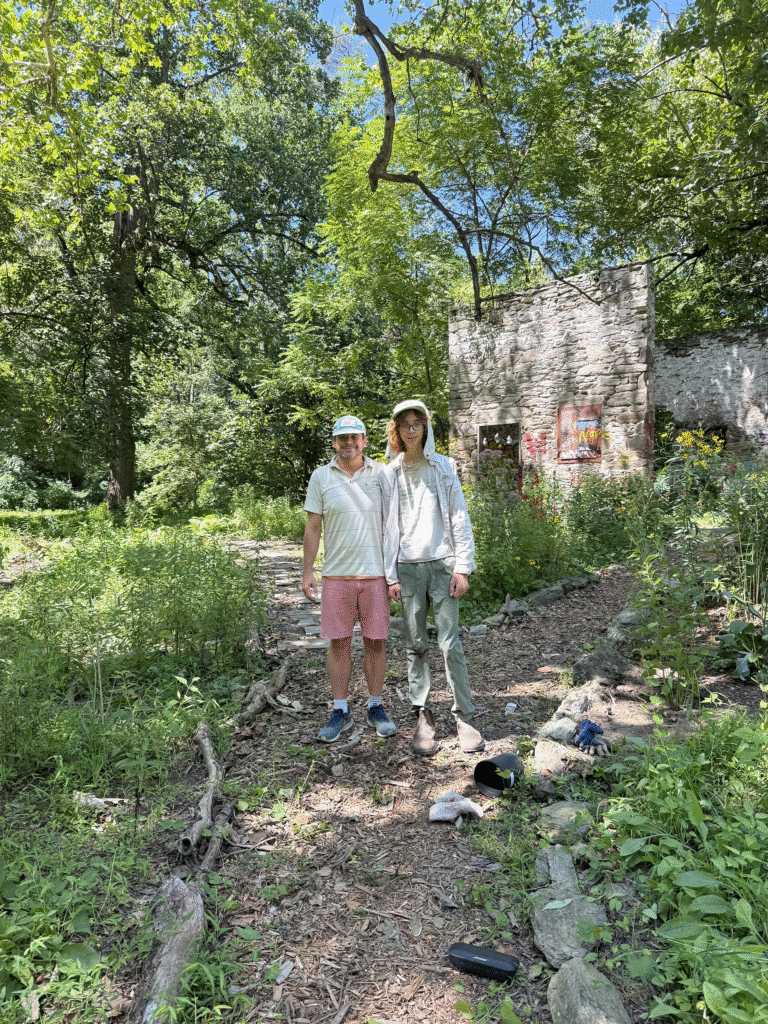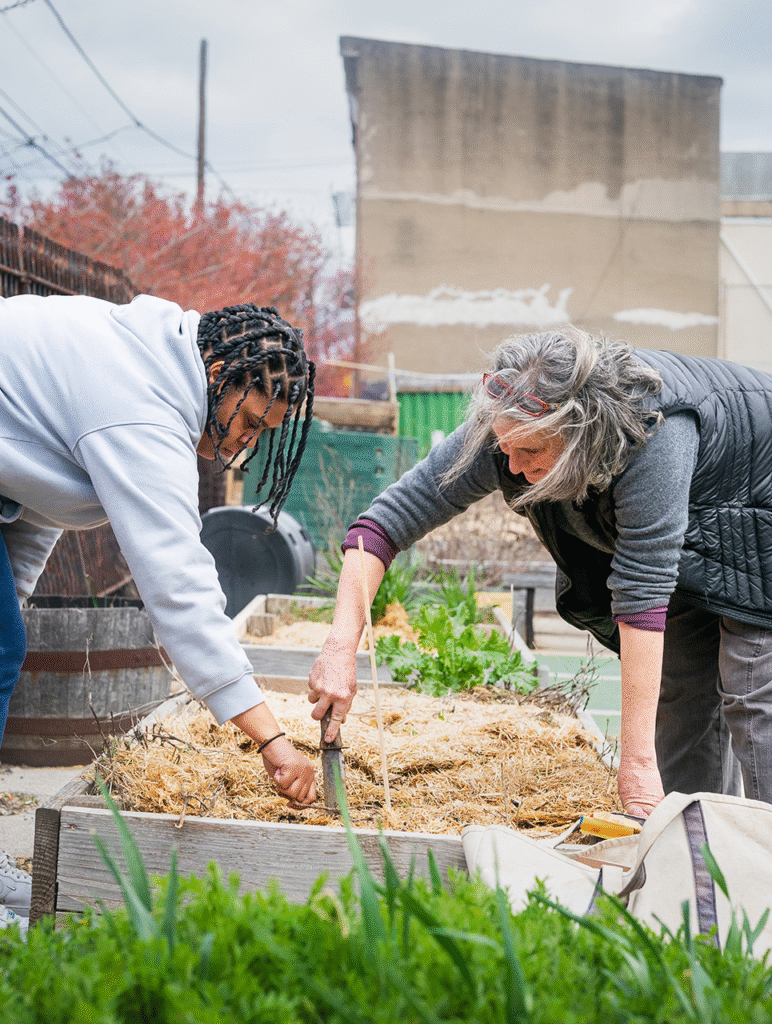After being told three times to come back and try again, the Cobbs Creek Foundation had its plans for the driving range and educational center building for their controversial renovation of the Cobbs Creek and Karakung golf courses approved by the Philadelphia Art Commission.
As Grid has reported, the City signed a $1, 30-year lease (70 years with renewals, and with no competing bids) with the newly formed and politically connected Cobbs Creek Foundation, which is based in West Conshohocken. The plans for the course include revitalizing the bed of Cobbs Creek and its tributaries that run through the golf course as well as restoring its landscaping to its original 1916 design, which entailed the clearing of 100 acres of forest on the site.
The Philadelphia Art Commission has to approve new buildings in Philly parks, and it holds meetings with open comment from the public. This made the four meetings in which it considered the design of the driving range and educational center the only opportunities for the public to weigh in on a project that had otherwise been planned and reviewed by City officials with virtually no community input.
In an unusual move, Philadelphia Parks & Recreation commissioner Kathryn Ott Lovell kicked off the presentation by the Cobbs Creek Foundation to voice the department’s full support for the project, a move that drew comments of both criticism and support from public commenters.
Jeff Shanahan, the president of the foundation, as well as representatives from its landscape architecture and sustainable construction contractors, presented information about design elements meant to respond to questions posed by commission members in earlier meetings. These included sustainable design elements in the buildings, including solar panels, glass meant to reduce the risk of bird collisions and EV charging ports.
The foundation announced a $250,000 donation to TreePhilly to plant trees, meant to offset the loss in tree cover for the surrounding neighborhoods, though Shanahan was unable to say whether the new trees would actually be planted near the golf course.
Some questions remained unanswered — there was no detailed accounting of the trees removed at the site, no information about pesticides to be used to maintain the grass of the driving range — though commissioners commented that they were happy with the foundation’s responses and that they were eager to finally approve the project.
Bethany Teigan, a critic of the golf course renovation, was interrupted by art commission chair Robert Roesch, who urged her to limit her comments to the design elements being considered for approval. Conversely, commenters who spoke favorably about neighborhood educational programs funded by the foundation were not interrupted for off-topic remarks.
“The commission [role], in my personal view, has not been to challenge the validity of this project,” said commissioner Carmen Febo San Miguel, “and we’ve been stating that from the beginning. It’s been to make sure the elements that the commission has identified as still issues in the construction have been addressed, and for me I’m confident that the issues that have been raised by the commission have been addressed.”








